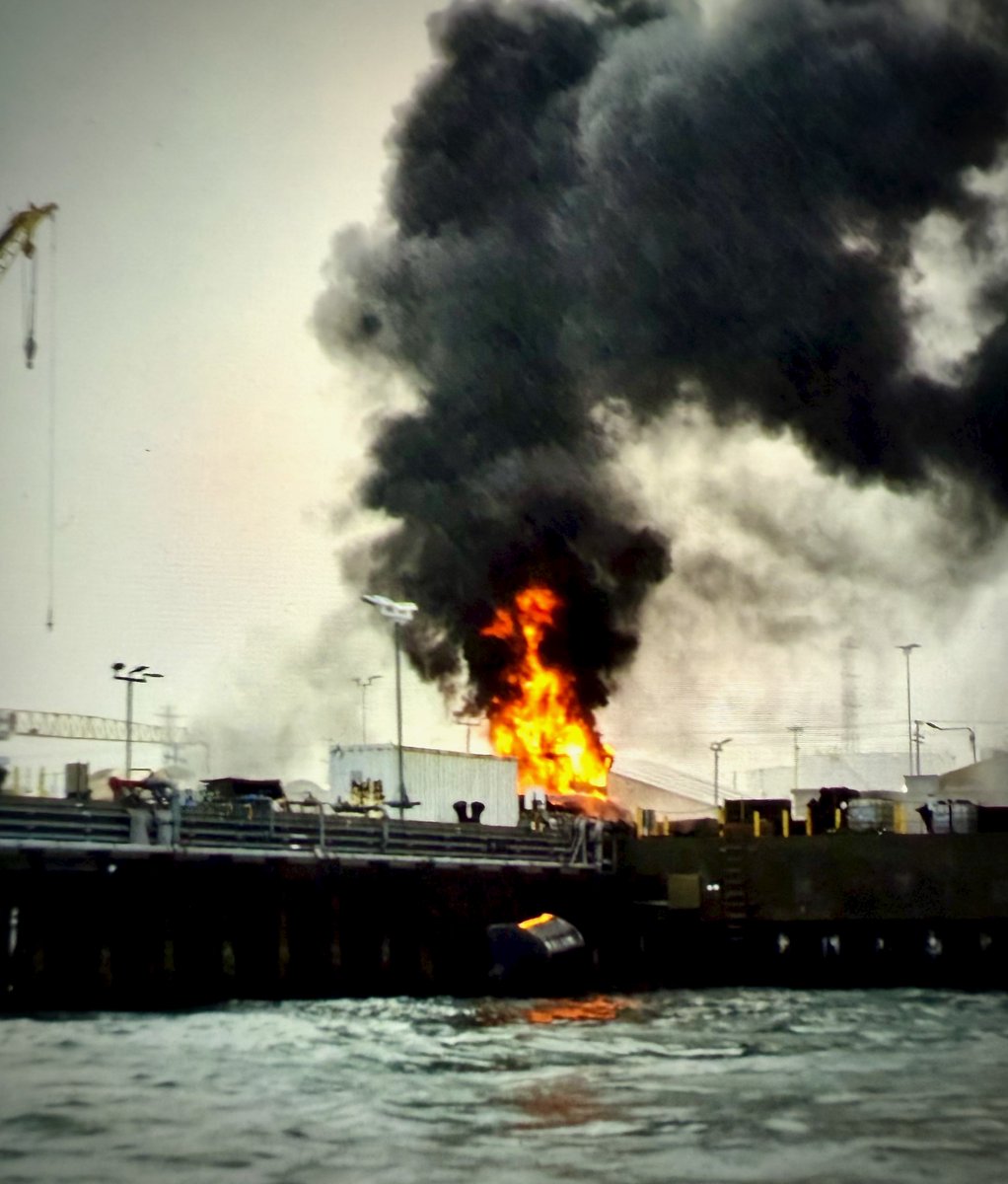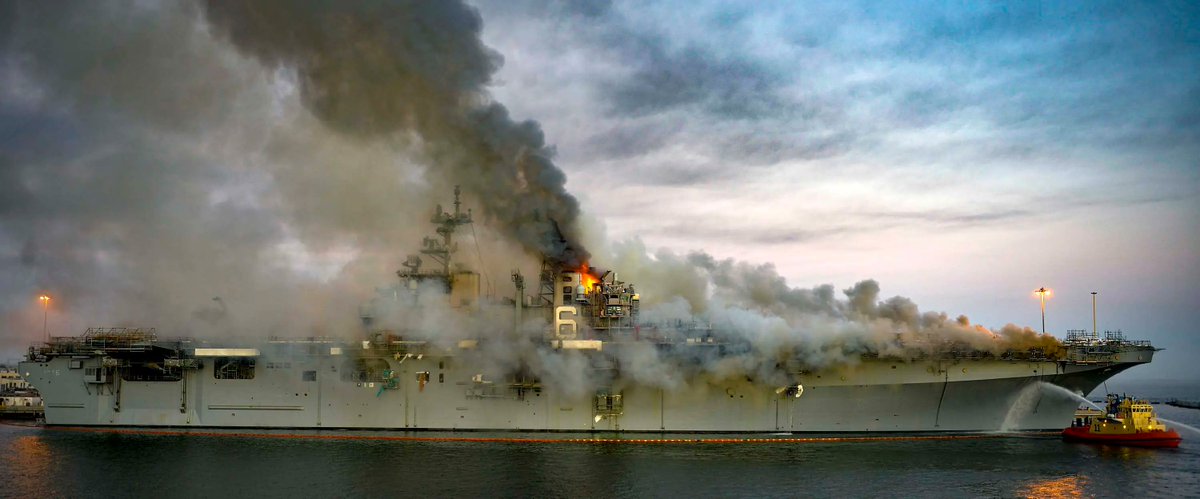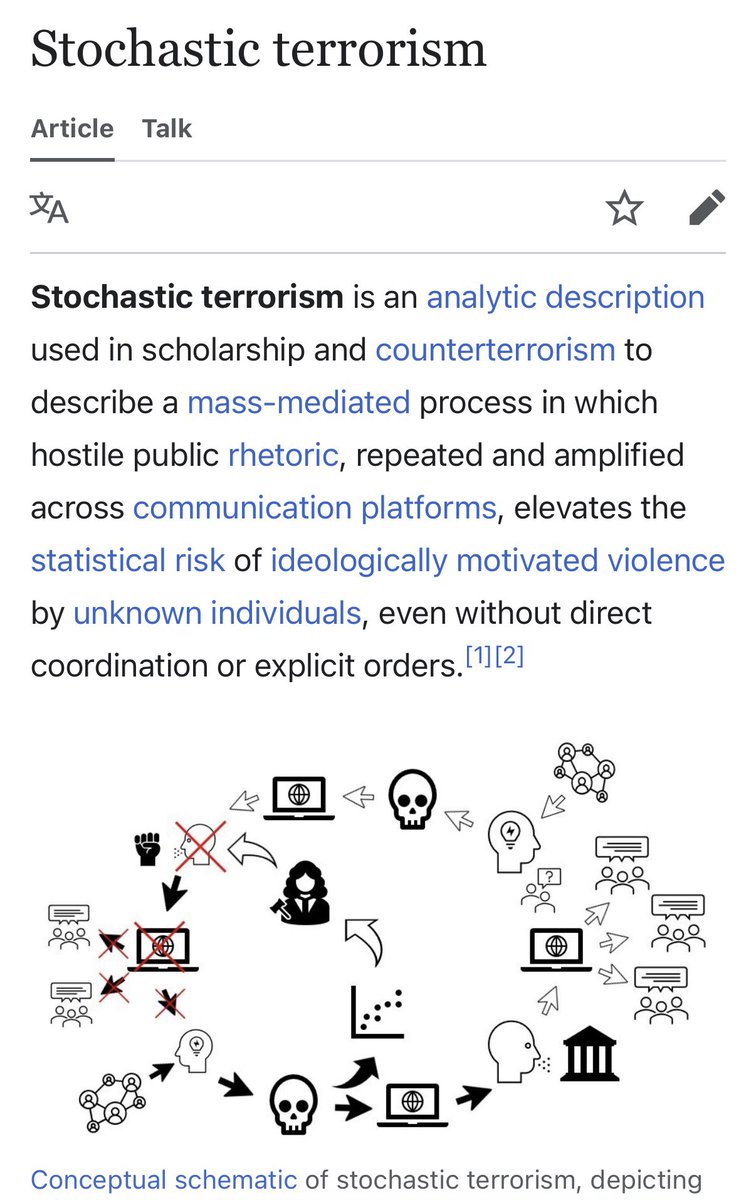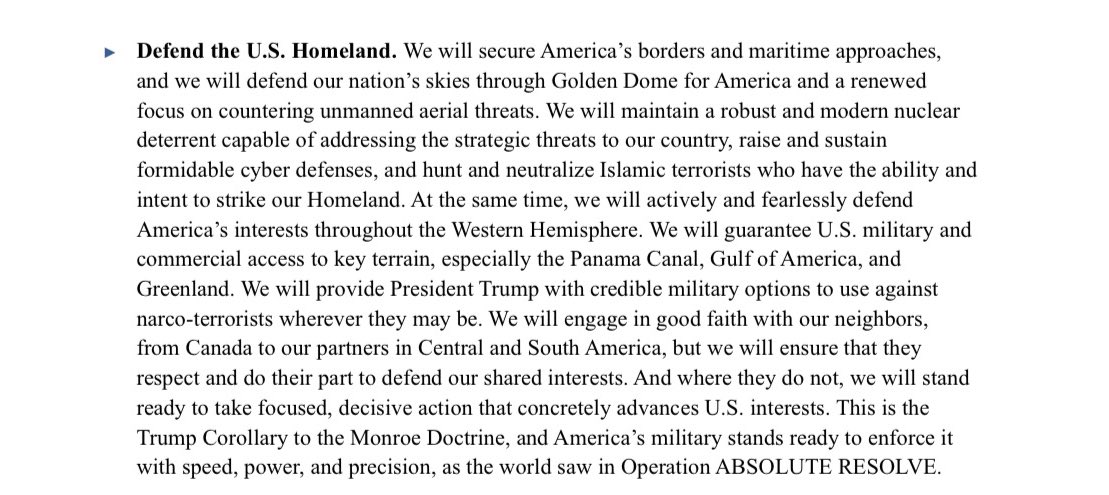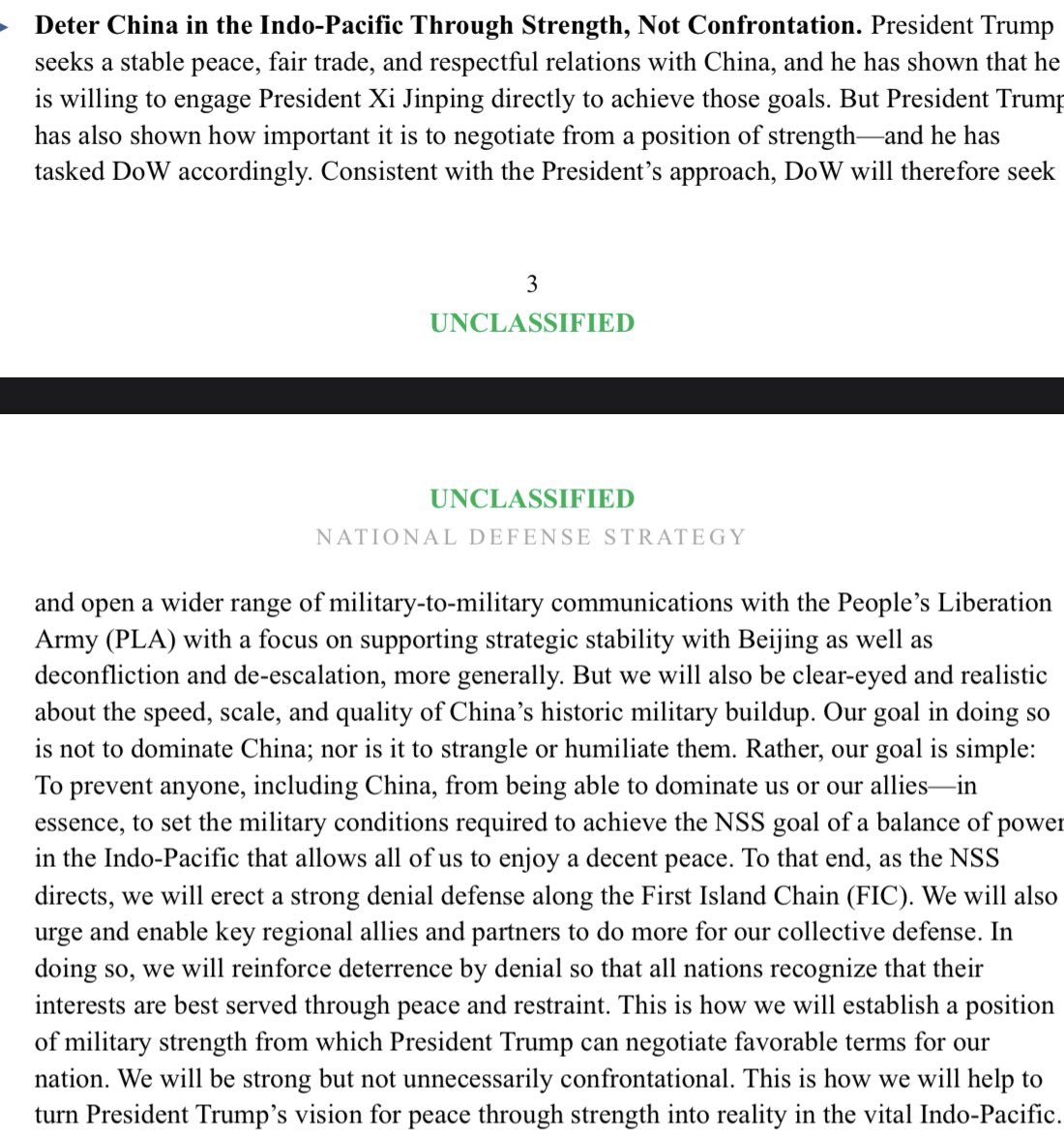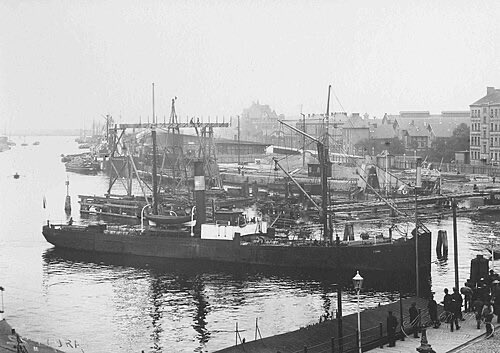A tourniquet is tightening on Europe's lifeblood in the dead of winter. Here are the TOP 10 reasons why BP pausing oil tanker transits in the Red Sea is more 🚨alarming 🚨than @Maersk 's pause:
1️⃣Tankers have limited speed capabilities and cannot accelerate to make up time while navigating the longer route around Africa's Cape of Good Hope.
2️⃣While there is surplus capacity in the containership market, the tanker market has minimal excess capacity.
3️⃣The largest players in the tanker industry (e.g., $INSW, $FRO, $STNG) control a smaller market share compared to dominant container shipping companies (@MSCCargo, @Maersk, @cmacgm). Small companies and private entities are more likely to sail into war zones than large multinational conglomerates. If $FRO stopped all their ships the impact would be minimal because there are a large number of independent ship owners - the largest contingent being Greek - that could replace them.
4️⃣BP, owns few ships today. They are more of a customer than a carrier. This is akin to retail giants like Walmart or Amazon halting shipping, a significant move beyond @Maersk's decision. Enormous customers like BP can better coordinate and shut down both the major lines and independents.
5️⃣The Houthis, backed by Iran, stand to gain economically. Global oil prices might rise, benefiting Iran, while prices in Asia could drop relatively, as routes to Asia remain open, benefitting Iran's key trading partner: China.
6️⃣Oil companies, wielding more influence over Western naval policies than container lines, are better equipped to manage disruptions from armed conflicts and have more experience exerting political pressure on the military. They are better equipped to help the US Navy and NATO organize a response.
7️⃣Tankers carry hazardous cargo, and oil companies have superior risk analysis systems. If tankers continued to sail while @Maersk paused, it could lead to accusations of overreaction against Maersk.
8️⃣In a Red Sea crisis, foreign-flagged lines could swap with U.S.-flagged ships like those owned by $MATX and @Maersk, which are guaranteed U.S. Navy protection. BP might similarly align with $OSG, the biggest U.S. flagged tanker company, but OSG very little spare capacity right now and many of their ships can't relocate ships because they are contracted to the Department of Defense.
9️⃣Futures markets can greatly influence oil prices in the short term, allowing commodity traders to potentially magnify the crisis. Oil is vital for a broader range of industries than container ships, impacting politicians and geopolitical tensions more directly.
🔟Oil tankers and Middle East conflicts are.. well.. historically an explosive combo
The lack of flexibility in the tanker market right now is my primary concern. Container ships can increase speed to compensate for delays, and capacity can be shifted from quieter routes. However, tankers typically sail only when full, face an extremely tight market with few spare vessels, and lack the speed to "make up time" while rounding the Cape of Good Hope
Many tankers are also over-extended right now moving cargo from USA to Europe and Asia to replace sanctioned Russian crude. The Gulf of Mexico to Asia route is especially worrying because low water levels in the Panama Canal are already starting to cause tankers to reroute around South America's Cape Horn.
1️⃣Tankers have limited speed capabilities and cannot accelerate to make up time while navigating the longer route around Africa's Cape of Good Hope.
2️⃣While there is surplus capacity in the containership market, the tanker market has minimal excess capacity.
3️⃣The largest players in the tanker industry (e.g., $INSW, $FRO, $STNG) control a smaller market share compared to dominant container shipping companies (@MSCCargo, @Maersk, @cmacgm). Small companies and private entities are more likely to sail into war zones than large multinational conglomerates. If $FRO stopped all their ships the impact would be minimal because there are a large number of independent ship owners - the largest contingent being Greek - that could replace them.
4️⃣BP, owns few ships today. They are more of a customer than a carrier. This is akin to retail giants like Walmart or Amazon halting shipping, a significant move beyond @Maersk's decision. Enormous customers like BP can better coordinate and shut down both the major lines and independents.
5️⃣The Houthis, backed by Iran, stand to gain economically. Global oil prices might rise, benefiting Iran, while prices in Asia could drop relatively, as routes to Asia remain open, benefitting Iran's key trading partner: China.
6️⃣Oil companies, wielding more influence over Western naval policies than container lines, are better equipped to manage disruptions from armed conflicts and have more experience exerting political pressure on the military. They are better equipped to help the US Navy and NATO organize a response.
7️⃣Tankers carry hazardous cargo, and oil companies have superior risk analysis systems. If tankers continued to sail while @Maersk paused, it could lead to accusations of overreaction against Maersk.
8️⃣In a Red Sea crisis, foreign-flagged lines could swap with U.S.-flagged ships like those owned by $MATX and @Maersk, which are guaranteed U.S. Navy protection. BP might similarly align with $OSG, the biggest U.S. flagged tanker company, but OSG very little spare capacity right now and many of their ships can't relocate ships because they are contracted to the Department of Defense.
9️⃣Futures markets can greatly influence oil prices in the short term, allowing commodity traders to potentially magnify the crisis. Oil is vital for a broader range of industries than container ships, impacting politicians and geopolitical tensions more directly.
🔟Oil tankers and Middle East conflicts are.. well.. historically an explosive combo
The lack of flexibility in the tanker market right now is my primary concern. Container ships can increase speed to compensate for delays, and capacity can be shifted from quieter routes. However, tankers typically sail only when full, face an extremely tight market with few spare vessels, and lack the speed to "make up time" while rounding the Cape of Good Hope
Many tankers are also over-extended right now moving cargo from USA to Europe and Asia to replace sanctioned Russian crude. The Gulf of Mexico to Asia route is especially worrying because low water levels in the Panama Canal are already starting to cause tankers to reroute around South America's Cape Horn.
• • •
Missing some Tweet in this thread? You can try to
force a refresh


